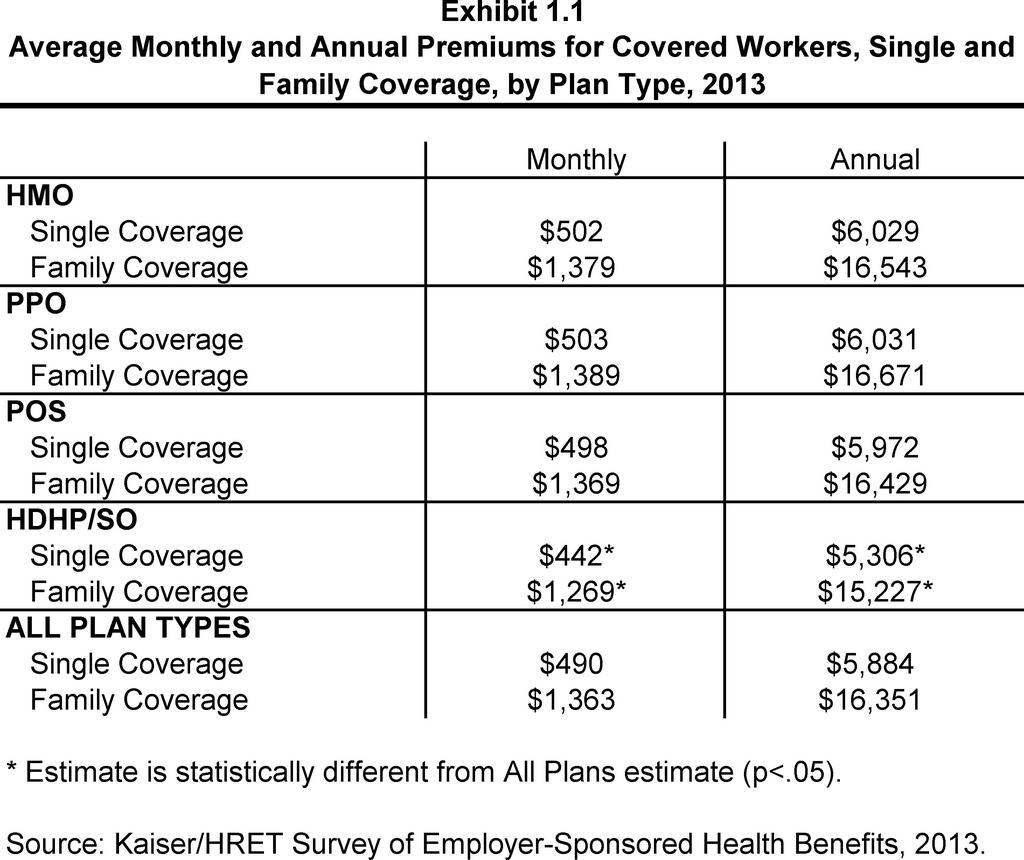
It can sometimes be difficult to understand healthcare terminology. Luckily, the following information has been compiled to help you navigate the process.
An exclusive provider organization (EPO) is a health plan that combines features of a HMO and a PPO. This type of plan can store electronic medical records. Therefore, you will only need access to providers within your network. If you need to see a provider outside of your network, you may be charged more. You may also be subject to a higher cost share.
A health maintenance program (HMP), a type or insurance plan that covers all medical costs including deductibles and copayments, is called a health maintenance program. Your benefits will not be dependent on the network you have, unlike a PPPO. When you see a provider outside of the network, your insurance will cover only the costs for services provided.
The Patient as Partner Approach is a way to involve patients in the healthcare system. It recognizes that patients' experiential knowledge is as important as the HCP's scientific knowledge. Patients are encouraged and supported to take an active part in their care. Patients may also be able to call a doctor and get a second opinion.

Electronic Medical Records are computerized systems that store all information about you. They are typically used to monitor and record your health care, with a deductible or copayments.
Behavioral Healthcare refers specifically to a range treatment options for substance abuse or mental illness. These options include counseling and medication administration. Behavioral healthcare can also be provided in ambulatory care centers and hospitals.
Electronic prescribing allows pharmacies electronically to share patient information. Electronic prescribing is a method that transfers prescription information from a doctor's office to a pharmacy using computerized systems.
Before paying you, insurers may review your claims. If your claim meets the requirements, the insurer will reimburse. Some insurance plans require preauthorization or precertification before you can receive certain procedures.
HIPAA, or the Health Information Privacy Act, aims to create standardized security standards for sharing sensitive information. It is enforced by the Department of Health and Human Services and the Centers for Medicare and Medicaid Services.

The Affordable care Act (ACA), mandates that health plans must provide basic coverage. These levels are determined by your household's income and dependents as well as the assistance provided by the government.
Your healthcare costs for the calendar year are limited by your annual deductible. For instance, if you have an accident or suffer from a major illness, your deductible limits the amount of healthcare that you can spend before your insurance kicks in. The deductible does not cover non-covered services like visits to doctors or hospitals that are not part of your insurance network. In addition, your deductible applies only to the amount of care received while you are being hospitalized.
You can also use your HSA funds to pay for any healthcare expenses your plan doesn't cover. HSAs are tax-advantaged savings account that can be used for healthcare services not covered by your plan.